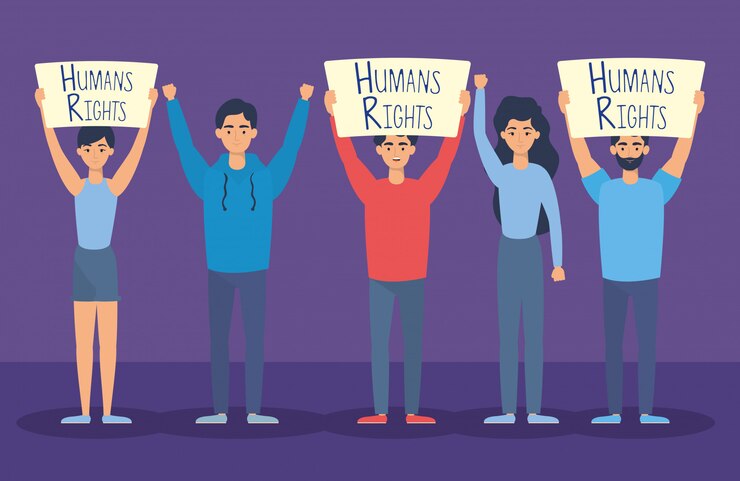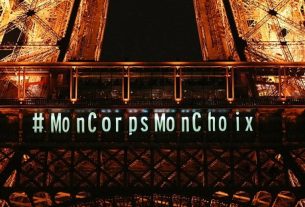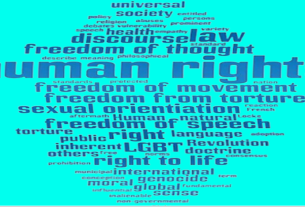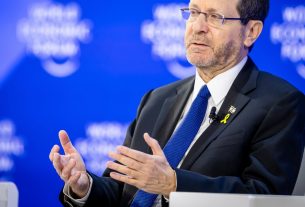Human rights organizations have appealed to Ukrainian President Volodymyr Zelensky, urging him not to repatriate North Korean soldiers captured while fighting for Russia. The call follows the release of video footage in which Ukrainian authorities interrogated two North Korean prisoners of war (POWs), who had been captured in Russia’s western Kursk region earlier this month.
The open letter, signed by groups advocating for North Korean human rights such as the Citizens’ Alliance for North Korean Human Rights (NKHR) and Mulmangcho, emphasizes concerns over the potential risks these soldiers face if sent back to either Russia or North Korea. The groups argue that repatriation of these POWs, particularly if done against their will, could expose them to severe punishment and possibly death under North Korean law, which treats defections as acts of treason.
In the letter, the groups also highlight the interpretation of the Geneva Conventions by the International Committee of the Red Cross, which asserts that if repatriation could lead to a clear violation of international human rights protections, the detaining country is permitted to grant asylum to the POWs. The letter further urges Ukraine to avoid disclosing personal details about the soldiers and to consider their safety and wishes in deciding their fate.
Ukrainian President Zelensky has previously suggested that Ukraine might exchange the captured North Korean soldiers for Ukrainian POWs held by Russia. However, the civic groups have called on Zelensky to prioritize the protection of these individuals, citing the dangerous consequences of forced repatriation.
The organizations also urged Ukraine to collect evidence of potential war crimes or human rights violations committed by Russian and North Korean forces, specifically against North Korean soldiers. This, they argue, would help support future legal actions against those responsible for such atrocities.
As the conflict between Russia and Ukraine continues, the fate of captured soldiers—particularly those from countries like North Korea—remains a complex issue, with significant implications for international law and human rights protections.



